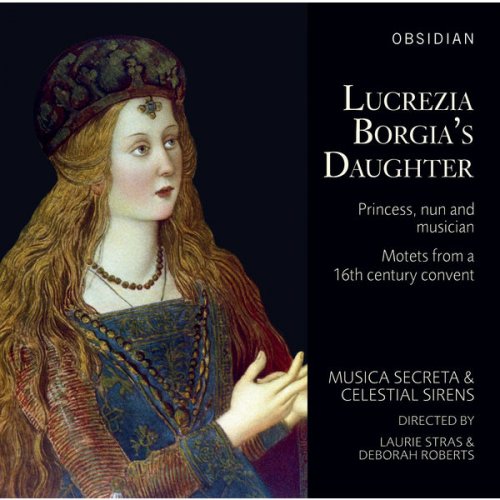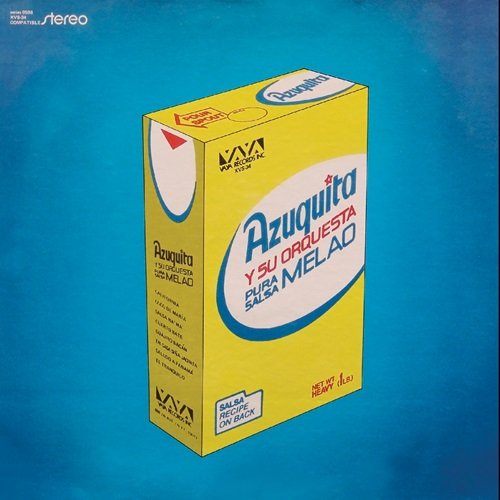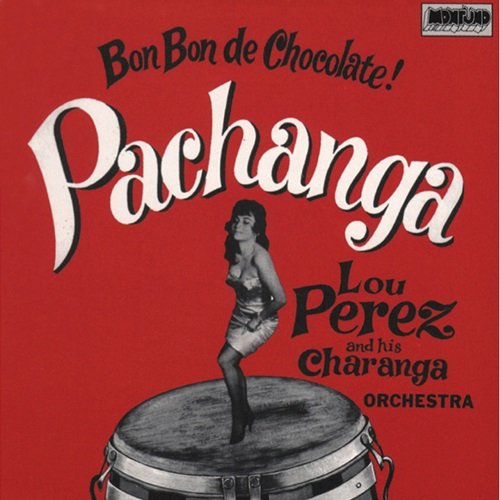Musica Secreta & Celestial Sirens - Lucrezia Borgia's Daughter (2017) [Hi-Res]

Artist: Musica Secreta, Celestial Sirens
Title: Lucrezia Borgia's Daughter
Year Of Release: 2017
Label: Obsidian
Genre: Classical, Sacred
Quality: flac lossless / flac 24bits - 88.2kHz +booklet
Total Time: 01:13:18
Total Size: 328 mb / 1.2 gb
WebSite: Album Preview
TracklistTitle: Lucrezia Borgia's Daughter
Year Of Release: 2017
Label: Obsidian
Genre: Classical, Sacred
Quality: flac lossless / flac 24bits - 88.2kHz +booklet
Total Time: 01:13:18
Total Size: 328 mb / 1.2 gb
WebSite: Album Preview
---------
01. Musica quinque vocum (Attrib. to Leonora d'Este): No. 1, Tribulationes civitatum audivimus
02. Musica quinque vocum (Attrib. to Leonora d'Este): No. 2, Suscipe verbum Virgo Maria
03. Musica quinque vocum (Attrib. to Leonora d'Este): No. 3, Haec dies
04. Musica quinque vocum (Attrib. to Leonora d'Este): No. 4, Ego sum panis vitae
05. Musica quinque vocum (Attrib. to Leonora d'Este): No. 5, O salutaris hostia
06. Musica quinque vocum (Attrib. to Leonora d'Este): No. 6, Veni sponsa Christi
07. Musica quinque vocum (Attrib. to Leonora d'Este): No. 7, Salve sponsa Dei
08. Musica quinque vocum (Attrib. to Leonora d'Este): No. 8, Hodie Simon Petrus
09. Musica quinque vocum (Attrib. to Leonora d'Este): No. 9, Ave sanctissima Maria
10. Musica quinque vocum (Attrib. to Leonora d'Este): No. 10, Sicut lilium
11. Musica quinque vocum (Attrib. to Leonora d'Este): No. 11, Angelus Domini descendit
12. Musica quinque vocum (Attrib. to Leonora d'Este): No. 12, Felix namque es sacra
13. Musica quinque vocum (Attrib. to Leonora d'Este): No. 13, Angustie mihi sunt undique
14. Musica quinque vocum (Attrib. to Leonora d'Este): No. 14, O beate Christi confessor
15. Musica quinque vocum (Attrib. to Leonora d'Este): No. 15, Iste est Johannes
16. Musica quinque vocum (Attrib. to Leonora d'Este): No. 16, Angeli, archangeli, troni
Suor Leonora d’Este (1515–1575), Lucrezia Borgia’s daughter, was a princess, a nun, and a musician. She left little to illuminate her history, but an obscure book of motets may at least help us understand her musical life: the Musica quinque vocum motteta materna lingua vocata, published in Venice in 1543. The book is anonymous, but it contains clues to its origins that lead us to the door of Leonora d’Este’s home, the convent of Corpus Domini in Ferrara, perhaps even suggesting that she was its unidentified composer.
This music is the earliest published polyphony for nuns. This recording by Musica Secreta and Celestial Sirens allows it to be heard for the first time through carefully researched performances.
„Fascinating historical contexts for musical works are no guarantee of great performances or even of musical quality, but this recording took my breath away with its sheer depth of music making combined with such an exciting historical premise.
As Laurie Stras explains in her engagingly written liner notes, the CD explores an anonymous book of motets published in Venice in 1543: the Musica quinque vocum motteta materna lingua vocata. While the works in this book are anonymous, there are several factors that lead us to associate them with the convent of Corpus Domini in Ferrara. This convent was the home of Suor Leonora d’Este (1515-1575), who announced her intention to become a nun aged eight and may have been the composer of this book of motets.
Either way, the disc sets out to recreate the sound world of the sixteenth-century Italian convent, using the vocal forces of Musica Secreta (6 sopranos, 2 mezzo-sopranos, and 2 altos) and the Celestial Sirens (9 sopranos and 6 altos) alongside Claire Williams on organ and Alison Kinder on bass viol.
While one might think that the sound of a choir made up of only upper voices would be predictable, I found myself marveling at the wealth of contrast in textures and colours. Somehow, not a single voice seems to stray from the flawless blend of matching timbre and good intonation, constantly delighting a listener with hidden melodic shapes thrown into relief by the similar ranges, while the viol and organ magically take on vocal qualities while maintaining their own instrumental identities to seamlessly support and uplift the choir.
Throughout the recording, I get the keen impression that all the musicians are alive to every nuance of the lines they sing and play, unafraid to enjoy each dissonance, glorify every unusual sequence, and characterise every single piece. In the week since I started listening to the CD, my discovery of new musical moments and corners that make me smile and restart the track have been unending: this is one of those discs that only improves on an already very favourable acquaintance. On Musica Secreta’s website I found a clip of one of my favourite pieces on the CD: Haec Dies Quam Fecit Dominus which seems to illustrate well not only the thrill of this music but the infectious enjoyment with which it is conveyed.
While this music needs no advocacy, Stras and Musica Secreta are so musically and academically articulate that the end result is irresistible.“ (Fatima Lahham)
![Dela Hüttner’s SwingThing - Pause for a moment (2026) [Hi-Res] Dela Hüttner’s SwingThing - Pause for a moment (2026) [Hi-Res]](https://www.dibpic.com/uploads/posts/2026-02/1770561049_cover.jpg)
![Herbie Harper - Herbie Harper (Remastered 2014) (2026) [Hi-Res] Herbie Harper - Herbie Harper (Remastered 2014) (2026) [Hi-Res]](https://www.dibpic.com/uploads/posts/2026-02/1770856116_cover.jpg)
![Duval Timothy, CJ Mirra - My Father's Shadow (Original Motion Picture Soundtrack) (2026) [Hi-Res] Duval Timothy, CJ Mirra - My Father's Shadow (Original Motion Picture Soundtrack) (2026) [Hi-Res]](https://img.israbox.com/img/2026-02/08/80aewauty50xz1so2jl5bj7zq.jpg)




![Herbie Mann - East Coast Jazz / 4 (Remastered 2014) (2026) [Hi-Res] Herbie Mann - East Coast Jazz / 4 (Remastered 2014) (2026) [Hi-Res]](https://www.dibpic.com/uploads/posts/2026-02/1770799757_u38b9gzog0i62_600.jpg)
